
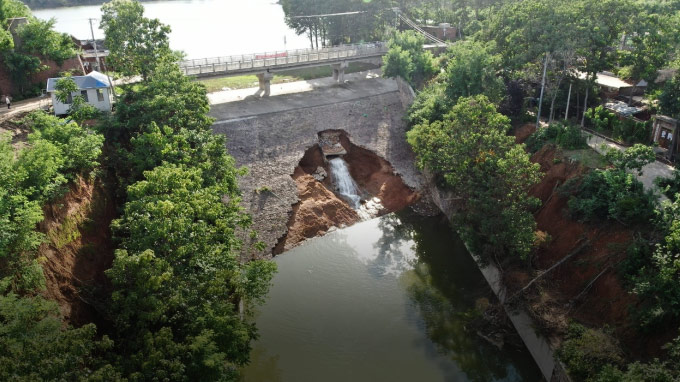
Geological disasters are mainly classified into two categories: natural geological disasters and anthropogenic geological disasters.1 The common geological disasters primarily include the following six types related to geological processes: collapses, landslides, debris flows, ground collapses, ground fissures, and ground subsidence.1 Additionally, geological disasters also encompass earthquakes, volcanoes, and geothermal activities, among which 80% of the disasters are caused by water. As long as excessive water does not enter the slopes or foundations, the mountains will not collapse, and the foundations will not subside.
Project Overview: By adding soil rock-forming agents to the onsite sandy soil, we can enhance the soil's strength and reduce its permeability coefficient. Within the fastest time of 3 hours, the muddy soil can be hardened into a solid form, which allows grass to grow and prevents it from being washed away by water. Additionally, it is resistant to frost heave and exhibits good durability.
Brief Description of Construction Method: Spraying, grouting, and mixing are all viable options.
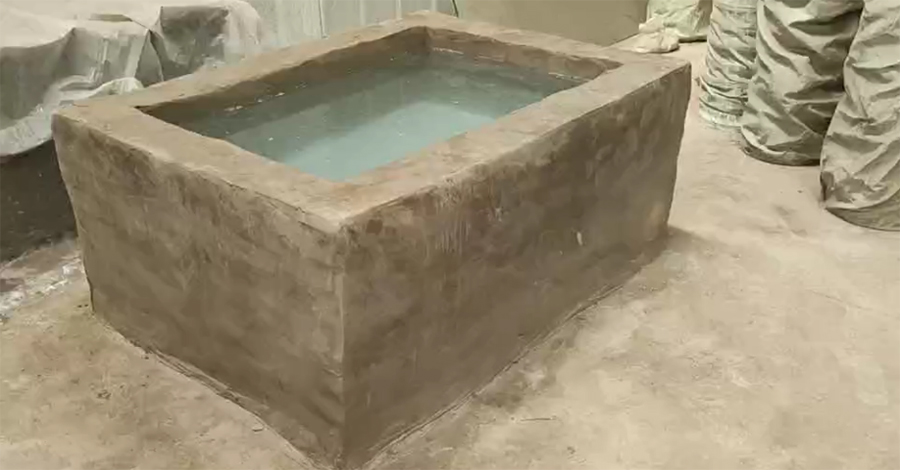
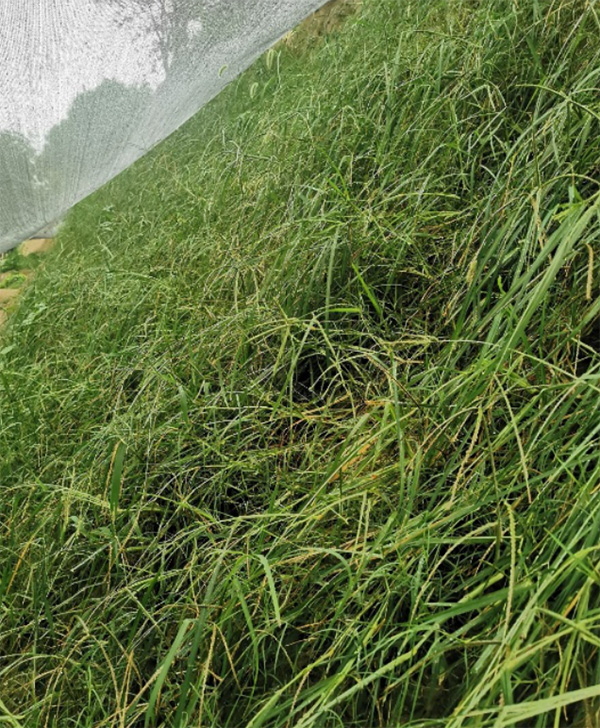
Rain-soaked slopes treated with rock-forming technology
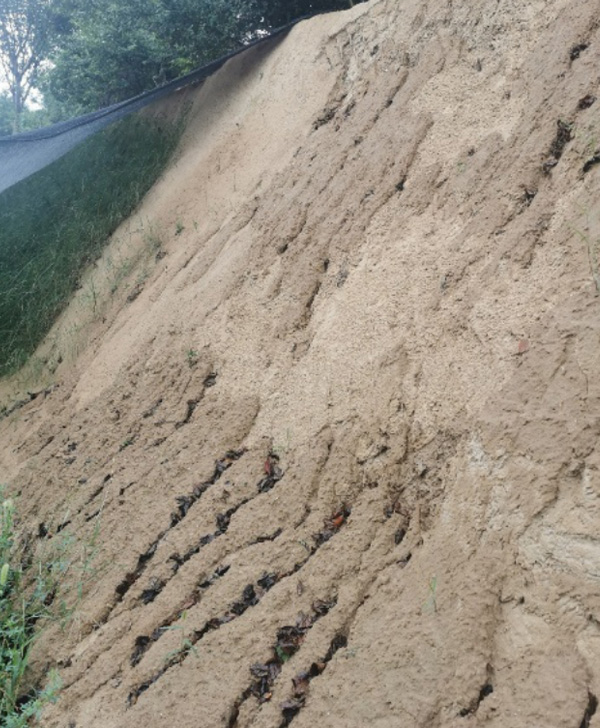
Rain-soaked slopes not treated with rock-forming technology
Case 1: The severe geological disasters triggered by the July 20th extraordinary heavy rainfall in Henan Province
From 08:00 on July 20th, 2021, to 06:00 on July 21st, 2021, torrential rain occurred in the central and northern parts of Henan Province, with extremely heavy rain (250-350mm) falling in some areas of Zhengzhou, Xinxiang, Kaifeng, Zhoukou, Jiaozuo, and other locations, and locally up to 500-657mm in Zhengzhou urban areas. The maximum hourly rainfall in some of the aforementioned areas reached 50-100mm, with locally up to 120-201.9mm in Zhengzhou urban areas during 16:00-17:00 on July 20th. A total of 10 national meteorological observation stations in Zhengzhou, Xinxiang, Kaifeng, Zhoukou, Luoyang, and other cities in Henan Province recorded daily rainfall that surpassed the historical extremes since meteorological records began.
From 8:00 on July 19th to 20:00 on July 20th, 2021, the cumulative average rainfall in Henan Province was 88mm, with Zhengzhou recording 361mm. Five stations in Henan, namely Songshan, Yanshi, Xinmi, Yichuan, and Dengfeng, exceeded the historical daily precipitation extremes since their establishment. Additionally, five stations in Henan, including Gongyi, Songshan, Xinmi, Yanshi, and Dengfeng, surpassed the historical three-day cumulative precipitation extremes since their establishment.
From 08:00 on July 20th, 2021, to 06:00 on July 21st, 2021, torrential rain occurred in the central and northern parts of Henan Province, with extremely heavy rain (250-350mm) falling in some areas of Zhengzhou, Xinxiang, Kaifeng, Zhoukou, Jiaozuo, and other locations, and locally up to 500-657mm in Zhengzhou urban areas. The maximum hourly rainfall in some of the aforementioned areas reached 50-100mm, with locally up to 120-201.9mm in Zhengzhou urban areas during 16:00-17:00 on July 20th. A total of 10 national meteorological observation stations in Zhengzhou, Xinxiang, Kaifeng, Zhoukou, Luoyang, and other cities in Henan Province recorded daily rainfall that surpassed the historical extremes since meteorological records began.
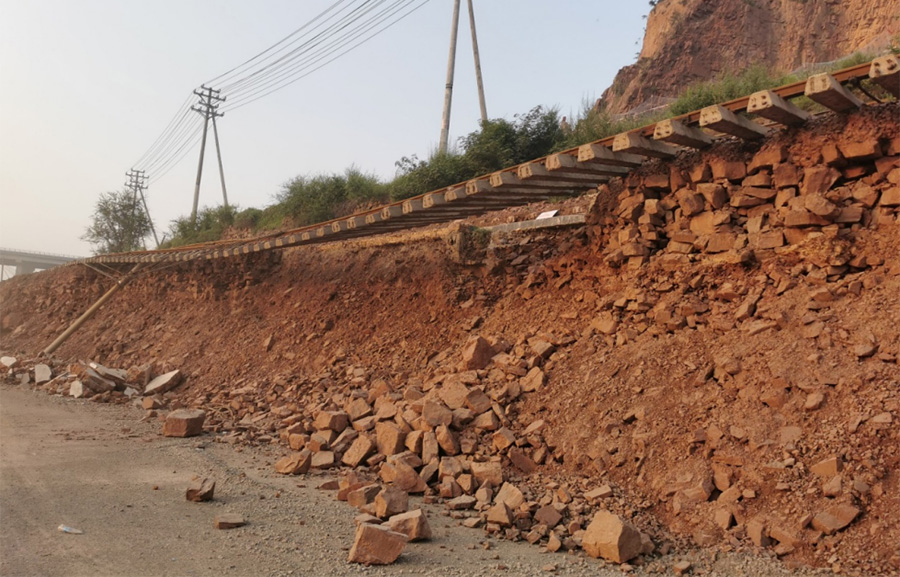
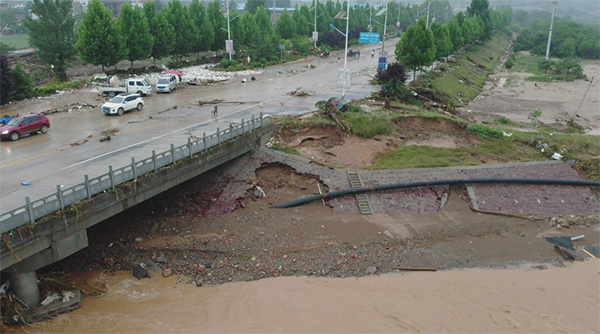
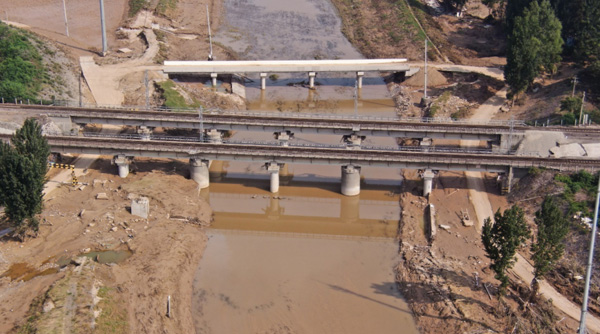
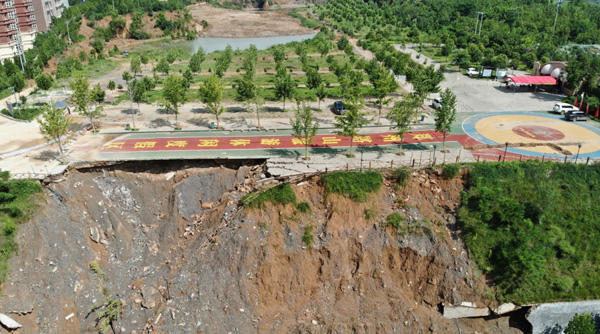
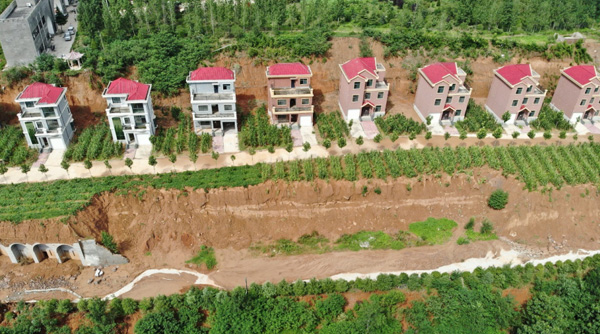
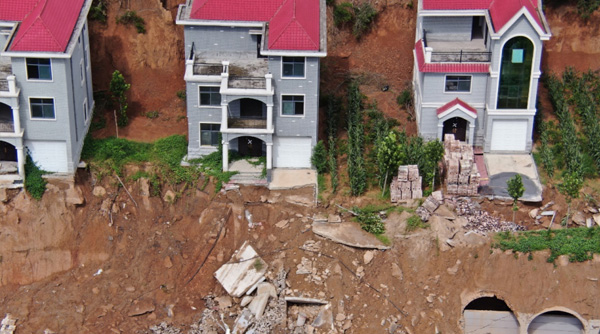
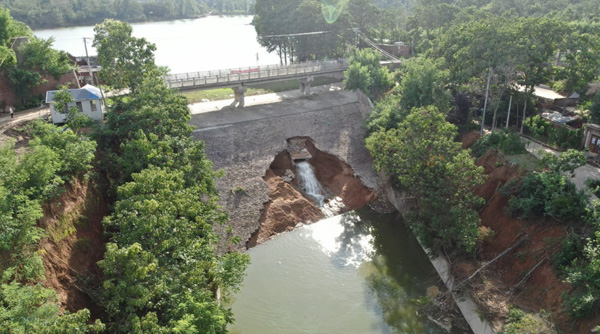
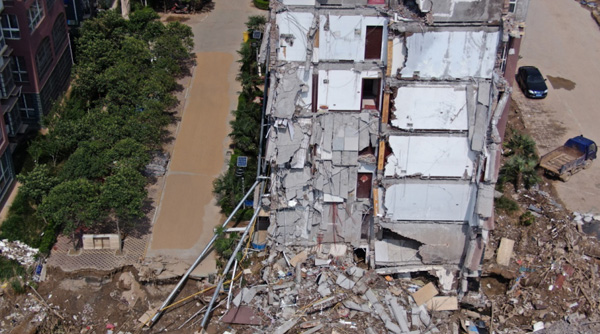
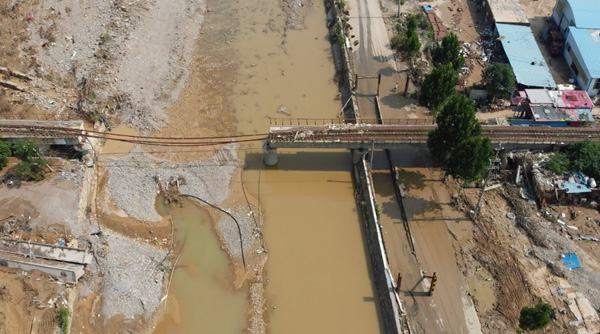
The primary reason for the severe losses was the softening and collapse of the soil near the structures due to rainwater infiltration. However, for projects constructed in April 2021 using Zhengsai Group's soil rock-forming technology, which enhances the soil's impermeability and strength, no collapse occurred at the site.
The effectiveness of Zhengsai's soil rock-forming technology after the extremely heavy rainfall from July 19th to 21st, 2021.
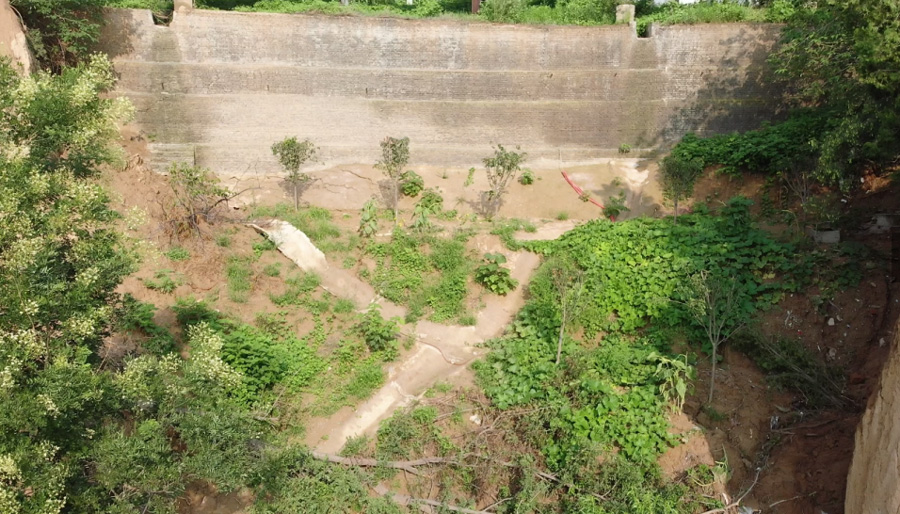
When soil rock-forming agents are mixed with muddy soil, heavy vehicles can pass through within 2 to 10 hours.
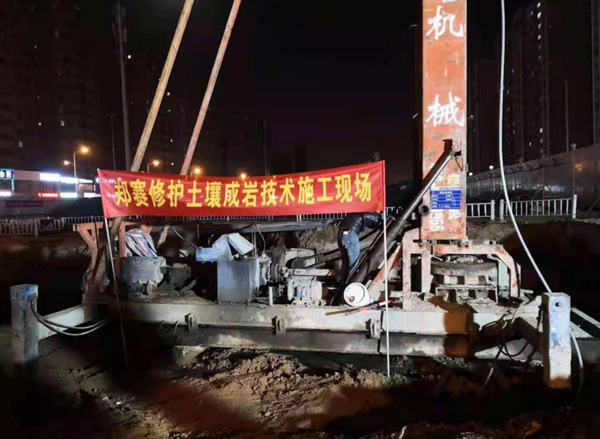
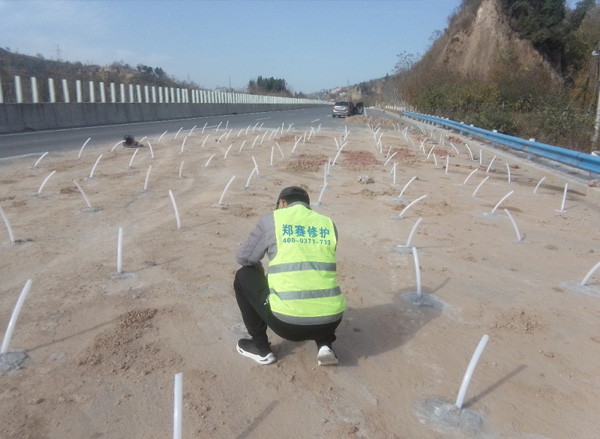
Landslide restoration
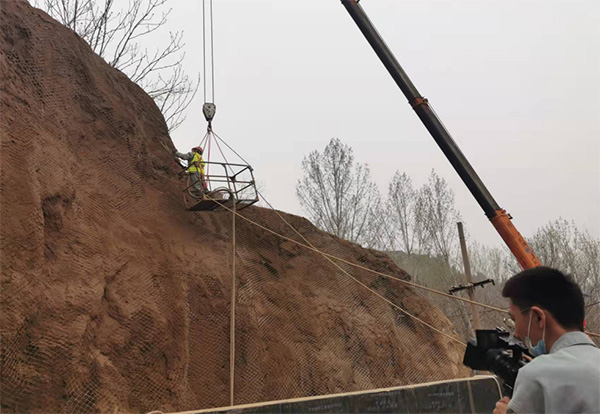
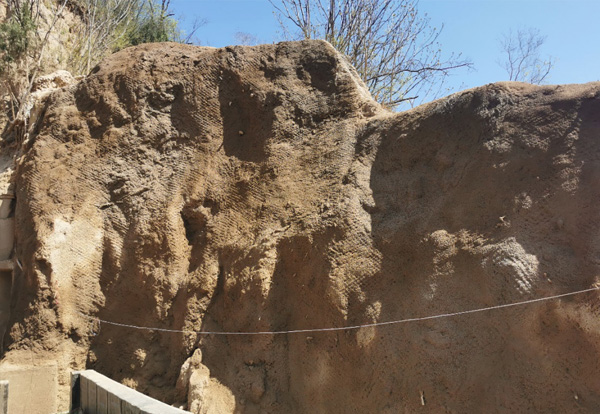
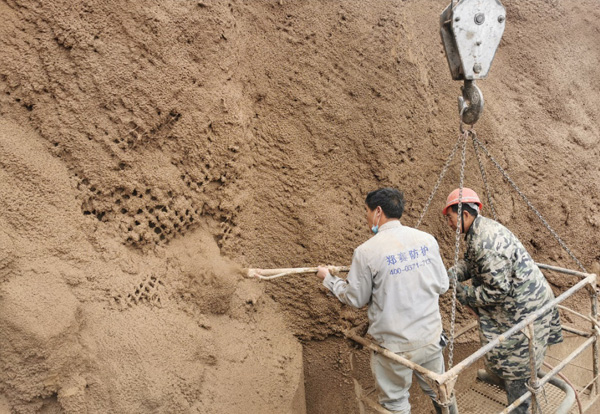
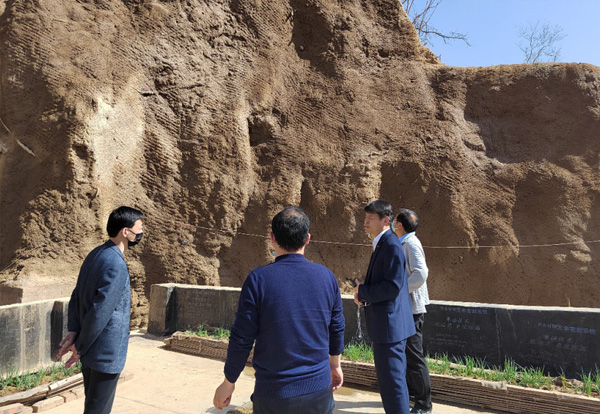
Landslide control or mitigation
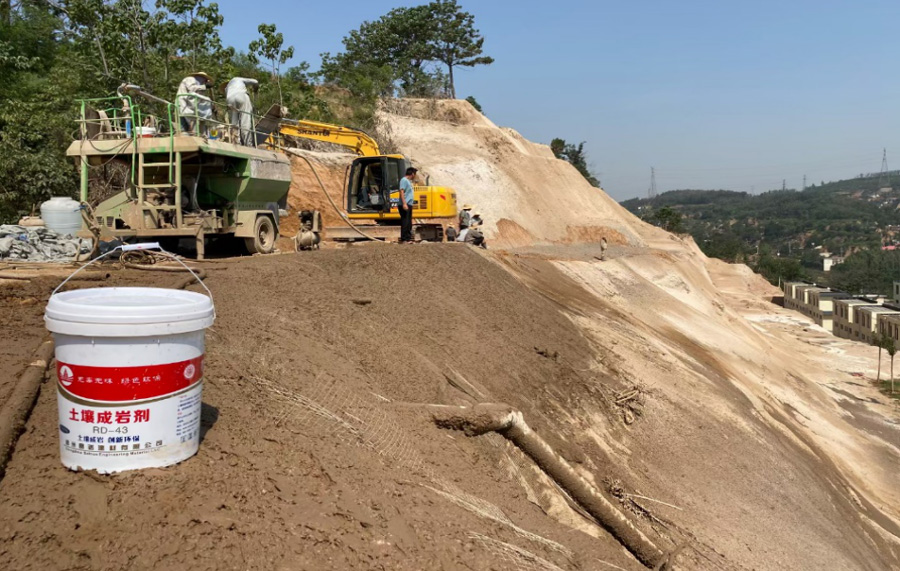
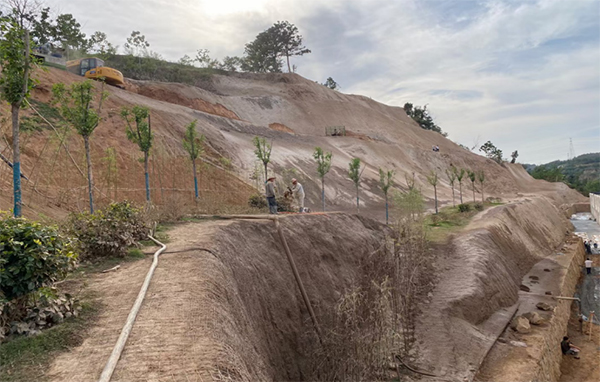
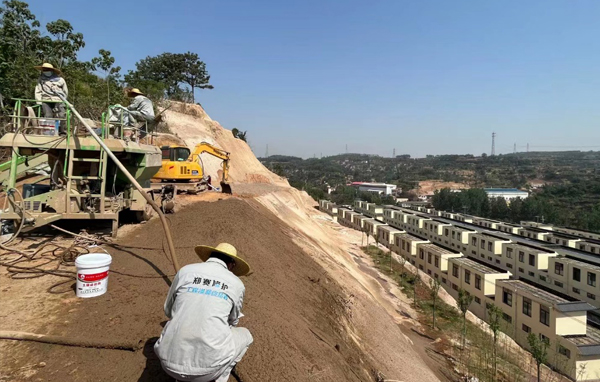
After applying the protective coating, it does not affect plant growth and is resistant to rainwater erosion.
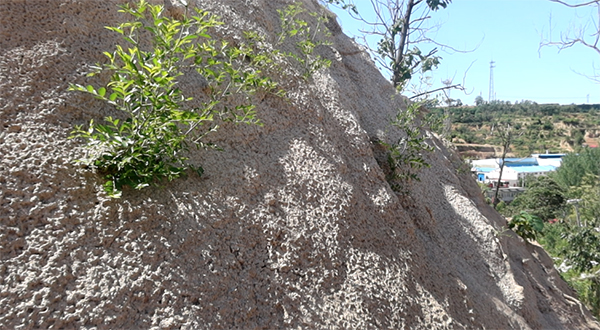
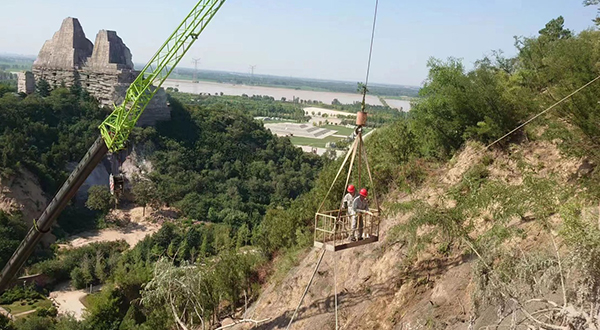
Hardening of beach mud
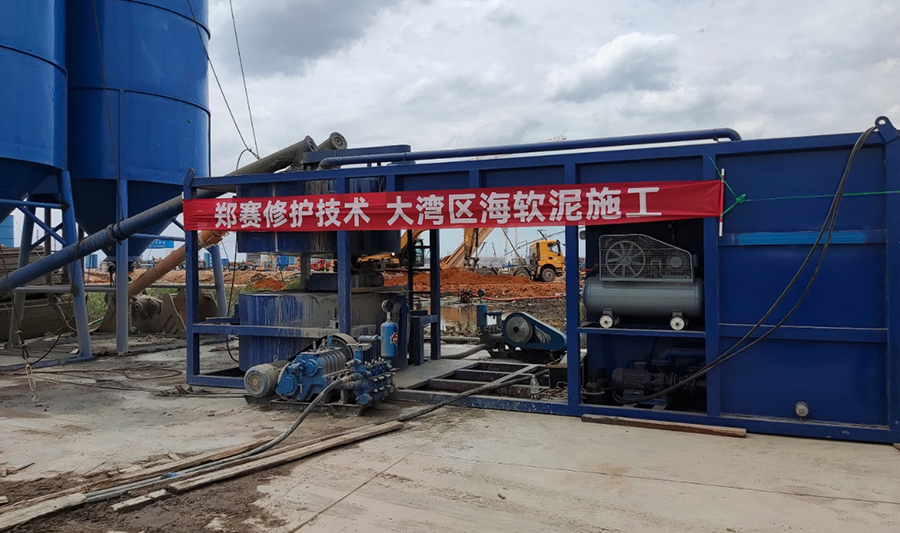
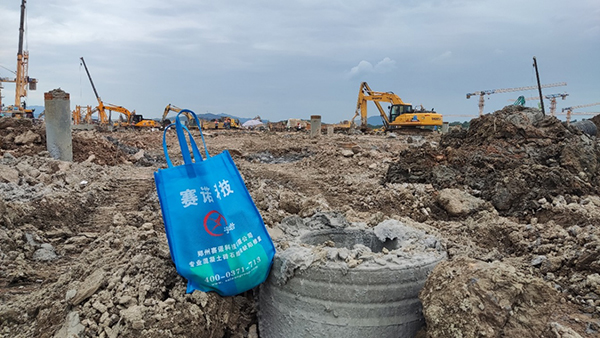
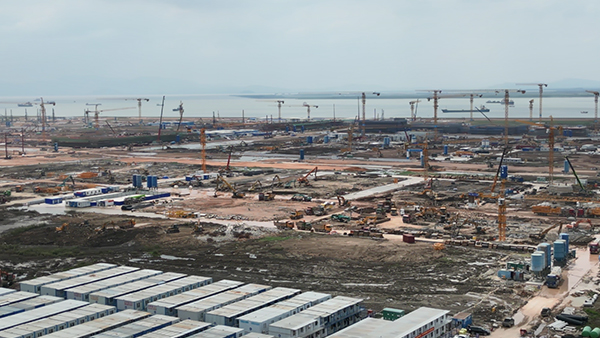
Railway slope protection: It allows grass to grow, resists erosion, prevents frost heave, and has good durability.
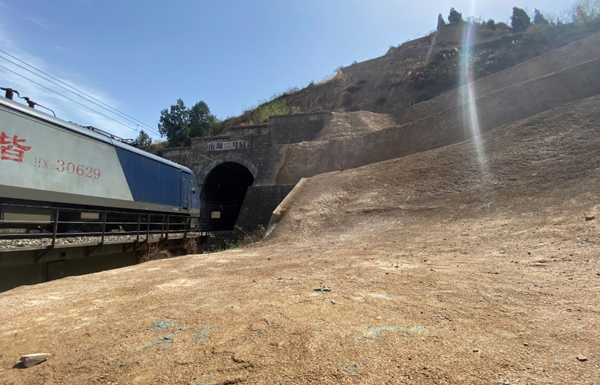
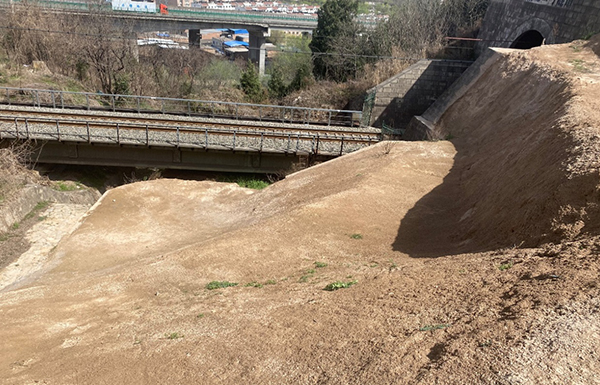
Road protection
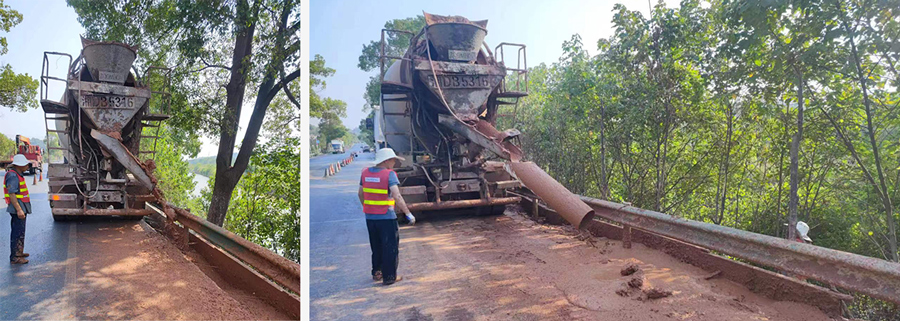
Mine ecological restoration: It allows grass to grow and resists erosion, frost heave, while possessing good durability.
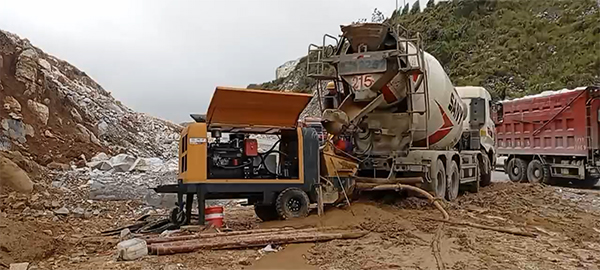
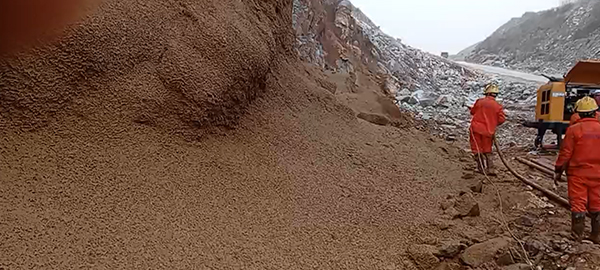
The cracks in the mountain are filled with soil-rock-forming mud grouting
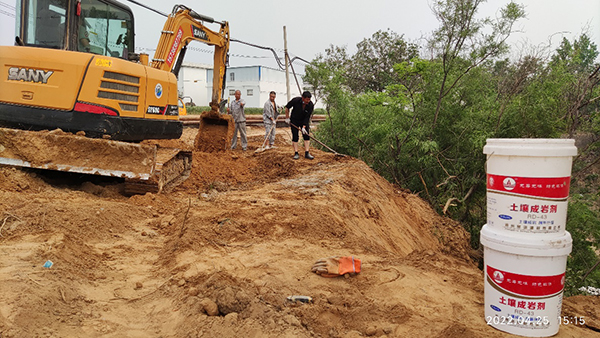
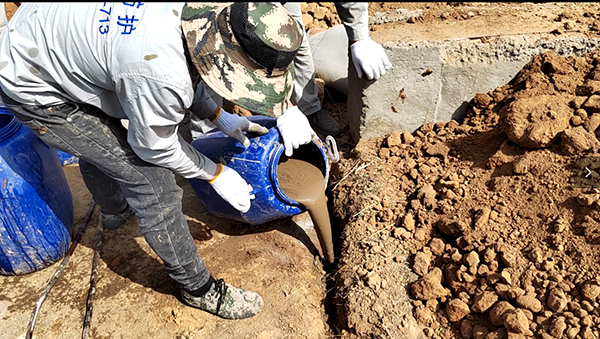
Soil-rock formation technology in Uganda
South African clients visited Zhengsai's slope protection technology (which allows grass to grow, resists water erosion, prevents frost heave, and has good durability), emphasizing ecological, resilient, and sustainable development techniques. Zhengsai is the name of the company.

American clients visited
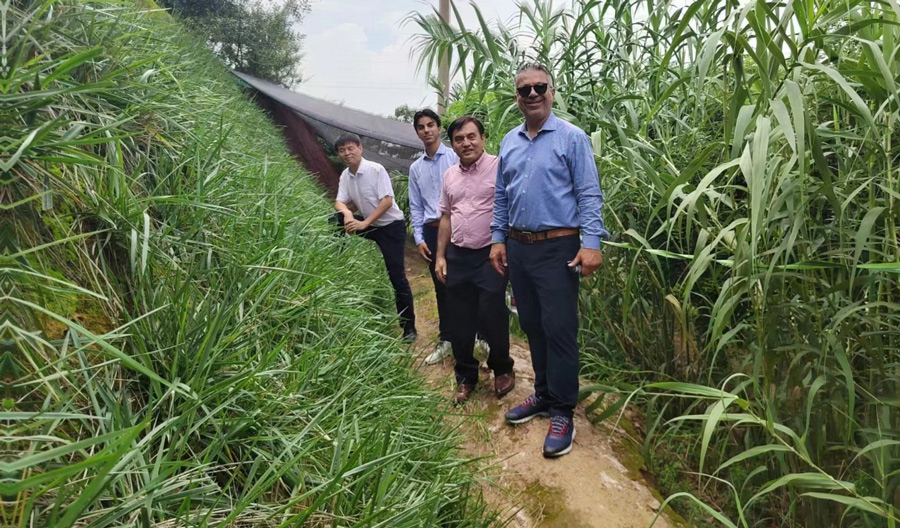
Ukrainian academicians conduct a site inspection (seven years after construction, having endured the tests of spring, summer, autumn, and winter).
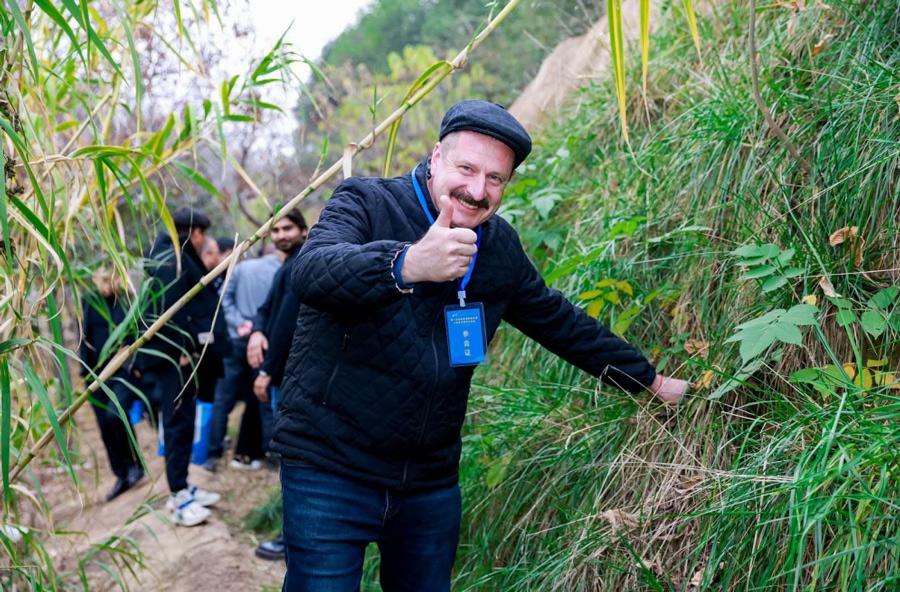
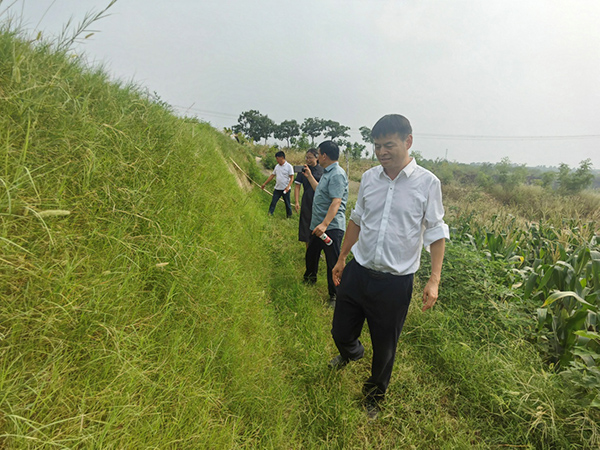
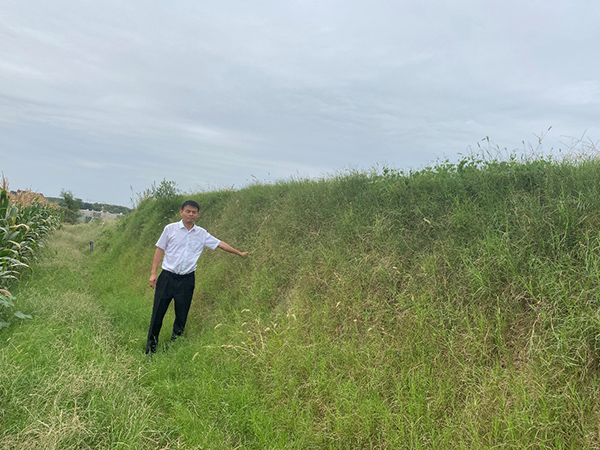
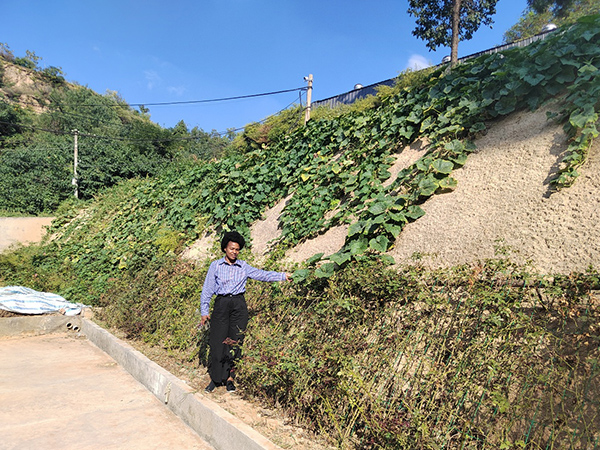
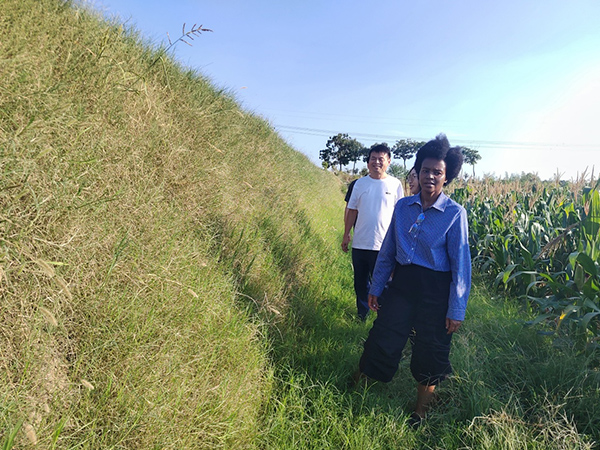
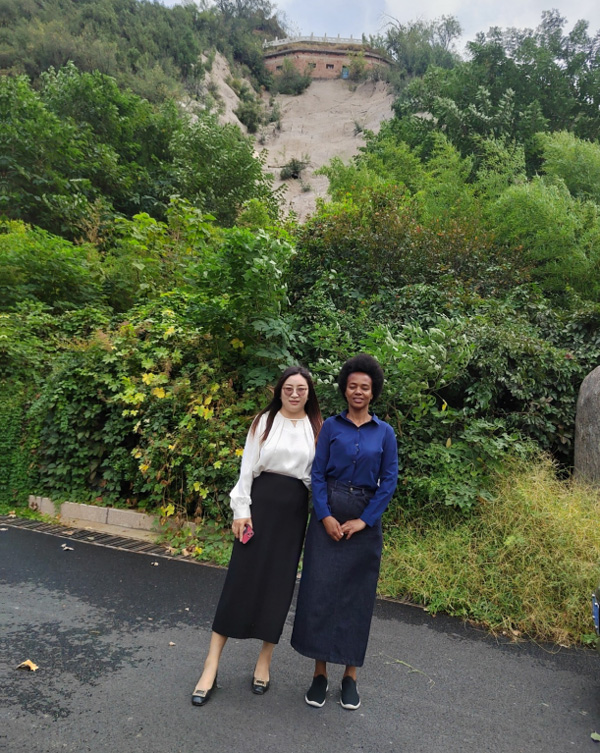
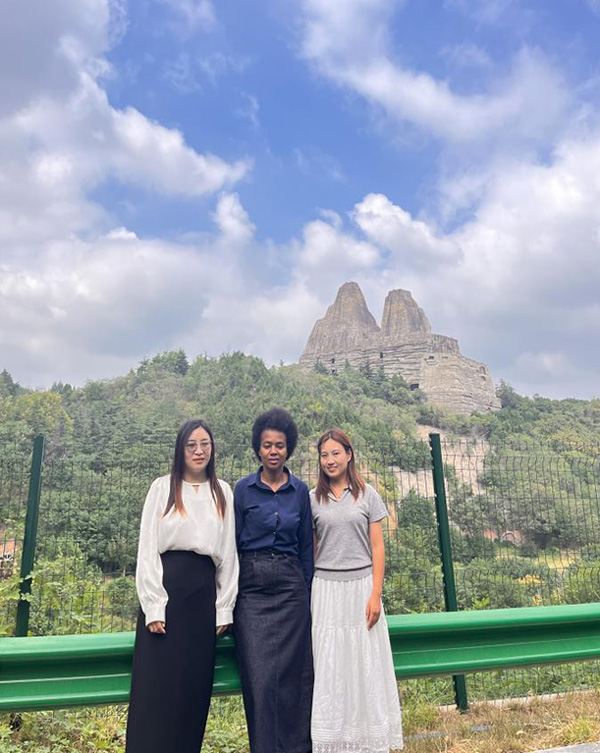
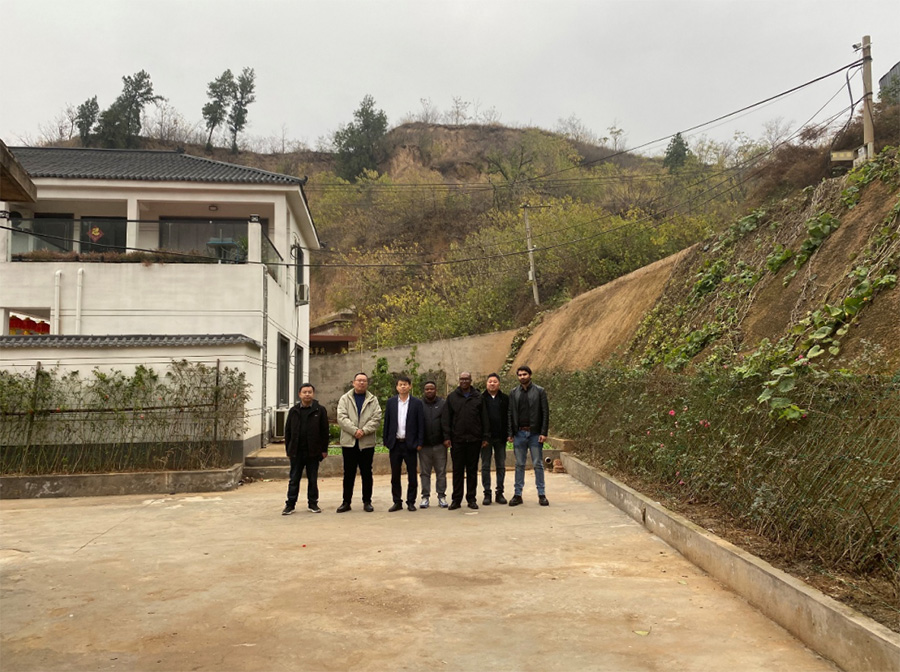
The slope protection around the villa adopts soil-rock formation technology for ecological protection, which allows grass to grow, resists erosion, and prevents frost heave.
During the "720" severe flood in Henan in 2021, a mountainous resort's sales office suffered severe damage due to the prevention and control of foundation collapse. Flowing soil-rock formation technology was used for self-compacting grouting backfill, allowing personnel to walk on the surface just 12 hours later.
+86 15137139713
Building 12, Shangjin Street, Zhengzhou City, Henan Province, China
FrankWangRD@gmail.com
Fuzhou.Wang@zhengsai-international.com